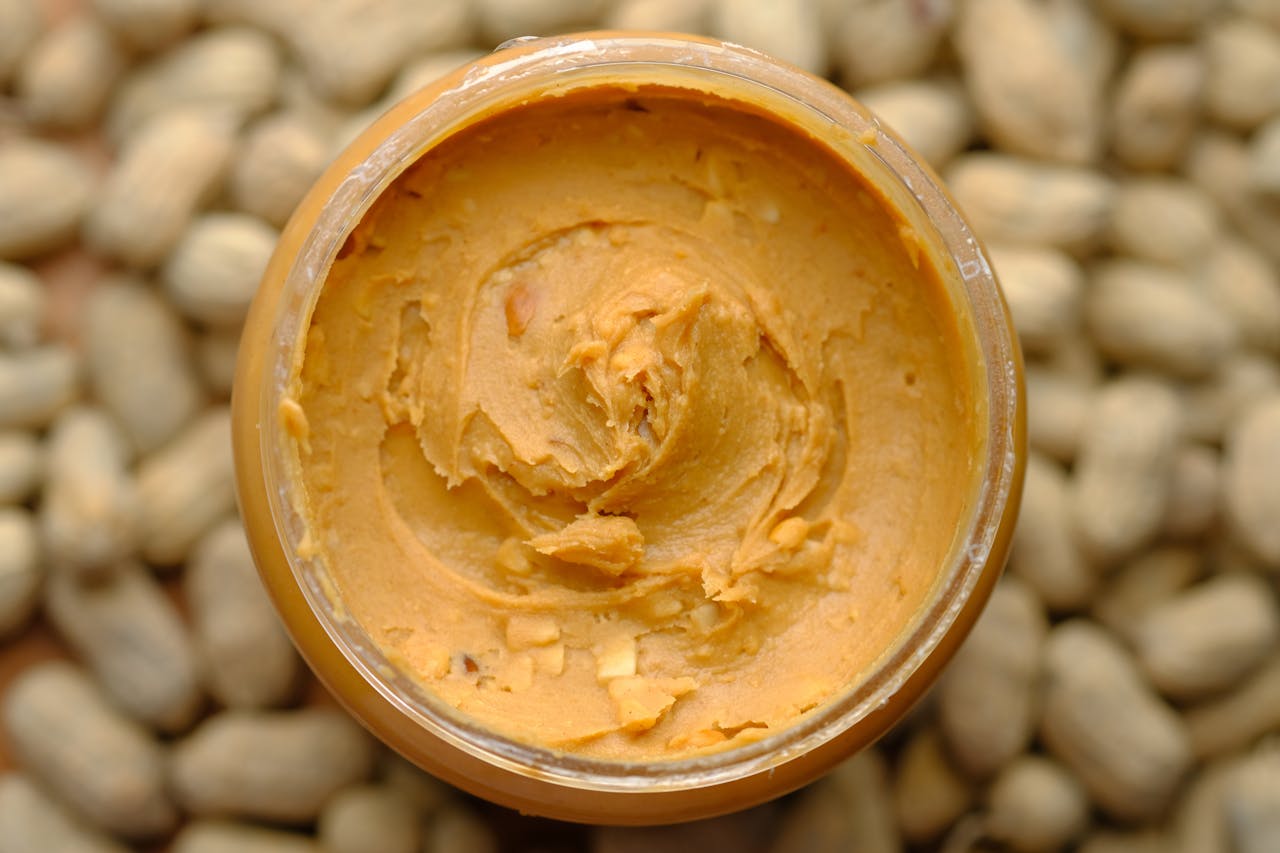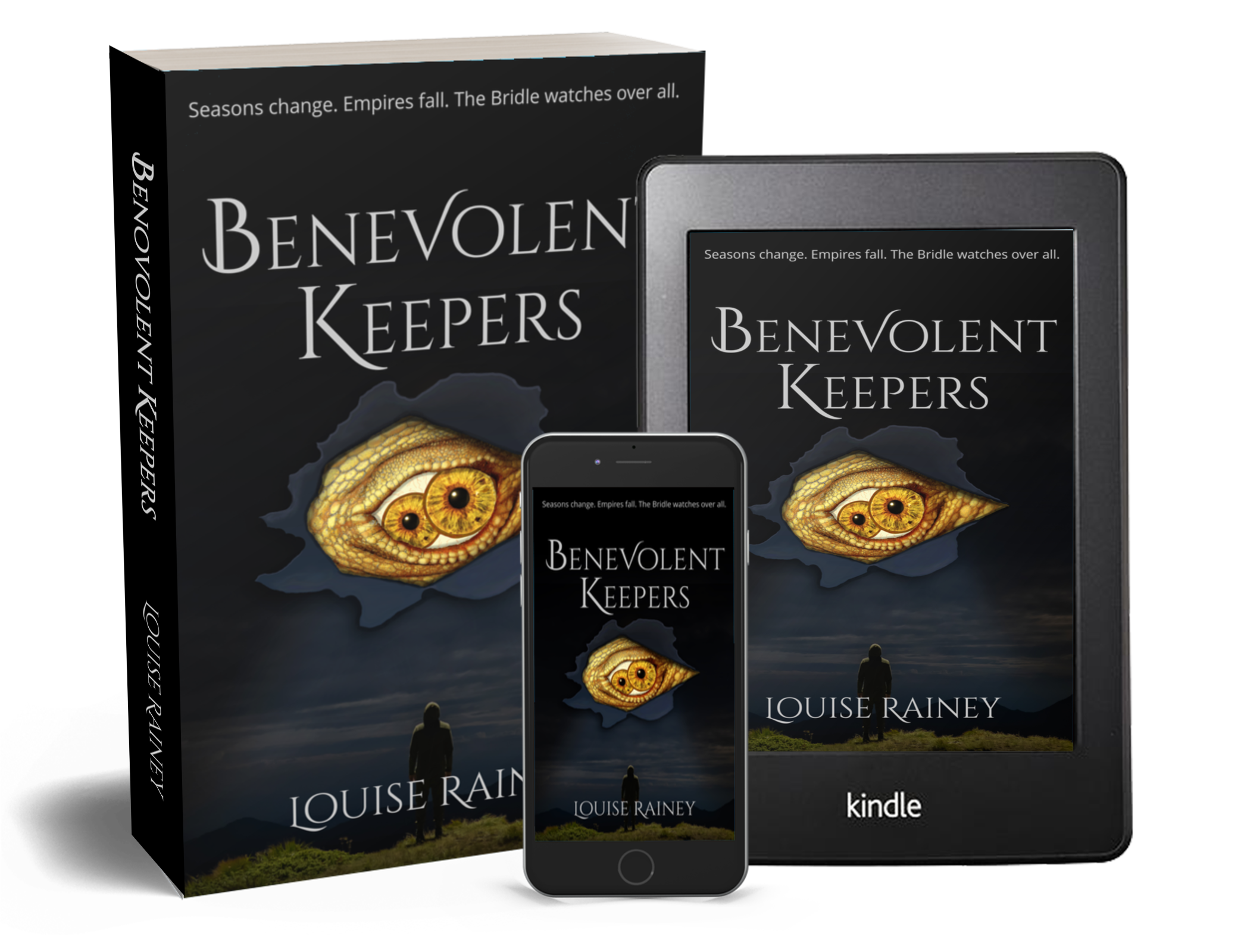Naming your baby is one of the most difficult tasks a human can do. Not a human baby, obviously. They’re adorable. You can give them any combination of sounds and they’ll make it seem like the cutest name you’ve ever heard. Even better, their brains are too underdeveloped to predict the humiliating nicknames, and their fists are too tiny to do any damage. It’ll take them years to realize the years of bulling incited by their poorly chosen name, and even longer to take revenge.
By then, you can be safely out of reach in Panama.
No, when I talk about naming babies, I’m clearly talking about characters. Names are one of the hardest parts of writing. In my debut novel, Benevolent Keepers, I agonized over names. I flipped from name to name. I changed the spelling three or four times a character. Names are difficult, but they’re also one of the most important aspects of a character.
Never judge a book by its cover, the saying goes. Unfortunately, life doesn’t work like that. I’d like to think I pick books based on the tantalizing summary, but sometimes I just think the cover looks cool. Names are a character’s first impression. It can give the reader a ton of information, or leave them with a jarring disconnect.
To my thinking, there are two ways to name a character: meaning or feeling.
Most authors use a mixture of both. Of course, sometimes a name may leap into your mind. When I started writing my first published book, there was only one name that would fit my main character. From her head to her toes, she was a Lucy. Without that burst of inspiration, the aforementioned are two solid paths to a killer name.
When I first began writing, I preferred picking names based on meaning. If I had a character with an affinity for the ocean, I’d pick a name related to the ocean, like Marina and Caspian. If there was a particularly snooty character, I’d find a name that meant swan. As everyone knows, swans are the snootiest in the animal kingdom.
JK Rowling’s phenomenal Harry Potter series has numerous examples of this technique. For example, Remus Lupin, a Defense Against the Dark Arts professor, is a werewolf. Remus is a name that dates back to the Romans. the third Remus and Romulus were twin babies. Abandoned by their mother, they were nursed by a wolf. As adults, they founded the city of Rome. Lupus is the Latin word for wolf. Lupin itself means wolf-like. To a discerning reader, this name was a clue to the mystery behind the mousy professor’s monthly absences.
As I grew more confident in my writing, I begin to pick names based on feeling. For example, ‘Katie’ feels like the name of a cheerleader, or perhaps a babysitter. It’s a chipper name. The -ie at the end could give the reader the impression of a slightly juvenile or peppy character. ‘Aaron’ feels sterner. It doesn’t lend itself easily to nicknames. The -on at the end gives it an air of finality.
Hermione Granger is the name of a popular character in the Harry Potter series. She is a bookworm who prided herself on her intellectual prowess. Her first name is uniquely suited to her character. ‘Hermione’ is a name related to Hermes the Greek Messenger God. The meaning of her name means very little in regards to the character. The name works because of the feeling it leaves with you.
‘Hermione’ is a difficult name to pronounce if you’ve never heard it before. It is also the name of a Shakespearean character, which gives it an intellectual feeling. It’s an unusual name, particularly when surrounded by more commonplace names like ‘Harry’ and ‘Ron.’ It’s a name that doesn’t quite fit in. To a reader, this peculiarity acts as a red flag. We know she’ll be an important character the first time she’s introduced.
It’s also important to pick names that blend into the atmosphere you’ve created. People from different countries, cultures, and generations choose different names. Ernest and Gladys are two out of fashion names, perfect for an older, English-speaking couple, or siblings born in the early 1900’s. If you’re going to pick a name that is entirely different from your other characters, make sure it’s a purposeful decision.
Lucy, one of two main characters in Benevolent Keepers, has a completely ordinary name. Or rather, she would if she were born into a westernized culture. In her culture, babies are named after objects or environmental places. There is no one else with a name like hers. In the story, this makes sense. She named herself after a favorite song. It also further emphasizes the difference between Lucy and the people she desperately wants to accept her.
Because my debut novel is dear to my heart, I’ll use it in two more examples to illustrate how I choose names. In Benevolent Keepers, the imperial family is very particular about names. They view themselves as above the people they rule, and they pick names that further that impression. Although this family isn’t native to any modern country, they live in North Africa. Malek is a name of Arabic origin. It means ‘King.’
The name ‘Aaliyah’ is also of Arabic origin and means ‘highborn’ or ‘exalted.’ Crucially, this character doesn’t go by this name in private. She considers her name to be Leah, which has a more down-to-earth feeling. She also drops her imperial title, which further emphasizes the disconnect between Lady-Aaliyah-the-Princess and Leah-the-Perpetually-Tipsy.
However much I may boast about my writing prowess, there are many more successful writers out there. These are the tricks I’ve learned, and I hope they work for you. If all else fails, try out a random name generator or baby name website to brainstorm ideas. Just make sure to check that the name maintains your story’s internal consistency.
Of course, you could always just lean into alliteration. It worked for Stan Lee.
Author: Louise Rainey
Louise Rainey is an author and apocalypse enthusiast. Although she primarily writes in the fantasy and science fiction genres, she’s been preparing for a myriad of untimely disasters since childhood. It’s possible she might’ve read a few too many survivalist books at an impressionable age. Regardless, she’s ready to rock n’ roll at the first sign of zombies, and a Yellowstone eruption will never take her by surprise. When she’s not preparing for the demise of her Texas home, she’s baking, listening to the same song on repeat, or playing with her gorgeous cat, Robin and her monster-dog Percy.
Louise has a degree in psychology and neuroscience and an unofficial doctorate in Random Ridiculous Knowledge. As a child, she won several writing contests, and she’s been trying to top her blue ribbon at the state fair ever since. Her latest published books include Benevolent Keepers and The Frog Eater.
MAKE THE ULTIMATE CONNECTION!
Subscribe now and receive EXCLUSIVE content before anyone else sees it!





